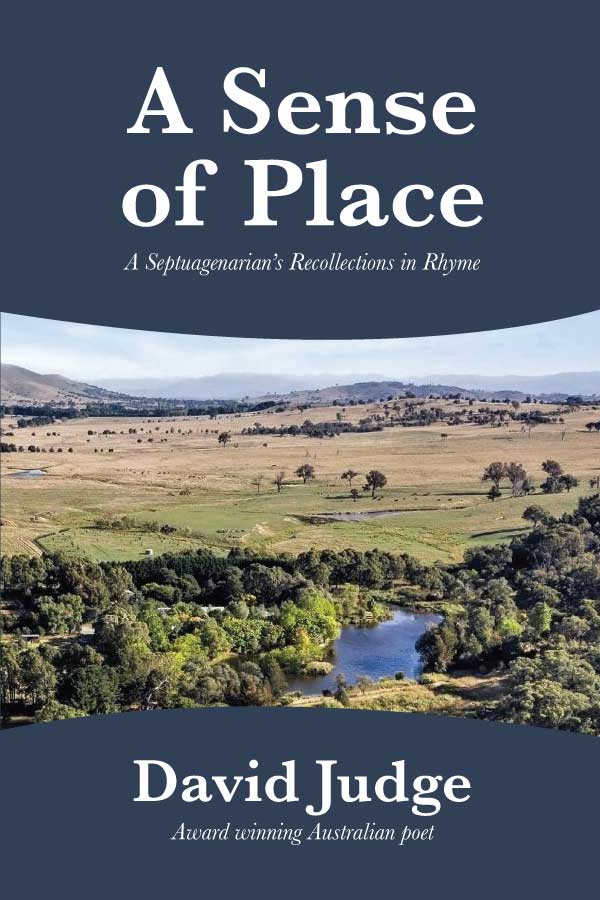
By the time David was ten years old he had moved from Condobolin to West Wyalong to Narromine. By the time he was fifteen he had moved from Narromine to Dubbo to Nyngan and to Mudgee. He changed schools five times in ten years and lost count of the number of teachers he had over the course of his primary and secondary school education. Playing sport was a key schoolyard assimilation strategy to avoid being the outcast ‘new boy’ as he relocated from one school to the next. In Mudgee he became the captain of the High School cricket and rugby league teams and with successes in athletics and swimming, was awarded Sportsperson of the year in 1966.
Between 1967 and 1970 David attended Hawkesbury Agricultural College before entering the workforce as farmhand, truck driver, auctioneer, farm machinery salesman and by 1975, plantation manager in Papua New Guinea.
By 1977, David had travelled through parts of Asia en-route to Europe before working as a foreman on an Israeli agricultural kibbutz where he met his wife Elisabeth, who was part of a Dutch volunteer group. Together they relocated to London to find work, followed by six months travelling by open truck across Africa from Algeria to Kenya.
By 1980, David and Elisabeth were living and working in Sydney from where his business development journey germinated involving adventure travel, university studies, and eventually farming as a family on the outskirts of The National Capital.
Writing poetry came late in life after the farm was sold, their children Lucas, Annefie and Peter had started their own journeys, and a new form of artistic creation had emerged.
Latest Book

A Sense of Place
A Sense of Place is a poetic memoir using many of the author’s multi-award-winning poems including the Banjo Paterson Writing Award for Contemporary Poetry in 2022 and 2024 and the equally coveted Man from Snowy River Festival’s Silver Brumby Award in 2022 and 2025.
His words transcend the poetic form to reveal an eventful, fulfilling and at times turbulent past, accumulating a vast and diverse range of knowledge, skills and experiences to call upon for poetic expression. Australian rhyming verse has a rich and vibrant historical affinity with our national identity and seemed to be the most natural way for the author to connect with the past in a way that is structured, logical and easy for most people to understand.
To Purchase, contact David. info@davidjudge.au
Price $30 + postage.
For the past twenty years I have devoted untold hours researching my family tree. Thanks to numerous sources, for which I am most grateful, the family archives are now filled with photographs, letters, books, paintings, scrap books, war service records, and sundry memorabilia, all of which have contributed to the following award-winning poem.
Excerpt: I Am Who They Have Been
In search of who and when and where, I look upon those names that share
the intertwining branches of my clan,
to find some kin I recognise and some that come as a surprise,
for me to now unravel if I can.
I visit sombre sacred sites where mourners act out Christian rites
midst rows of stone engraved with who is there,
with name and date of their decease, assuring me they ‘Rest in Peace’,
attended to by solemn words of prayer.
The gravestones at St Mathews show the names that I have come to know,
were convicts who became the pioneers,
and made a life on taken land in places I now understand,
were occupied for sixty thousand years.
I recognise my forebears’ crimes committed in those brutal times,
with context from the pages of the past,
but as the world of hindsight shows with words in books of verse and prose,
the die of dispossession had been cast.

A Sense of Place supports Motor Neurone Disease (MND) Victoria. Read the full story here!